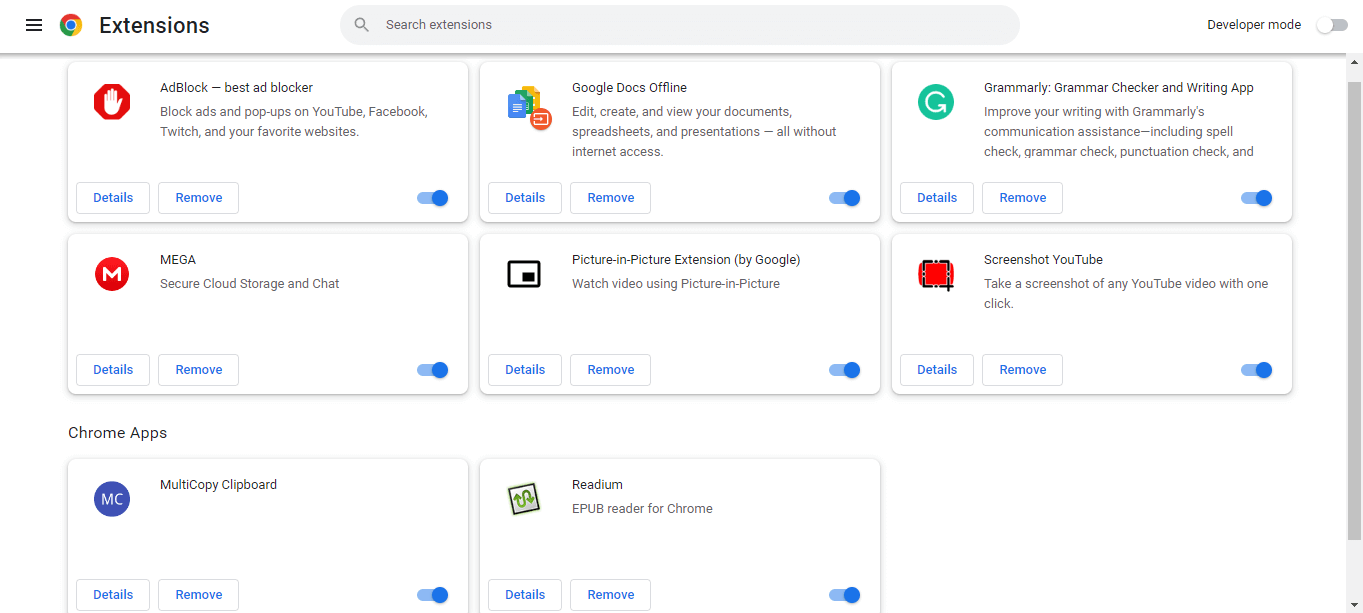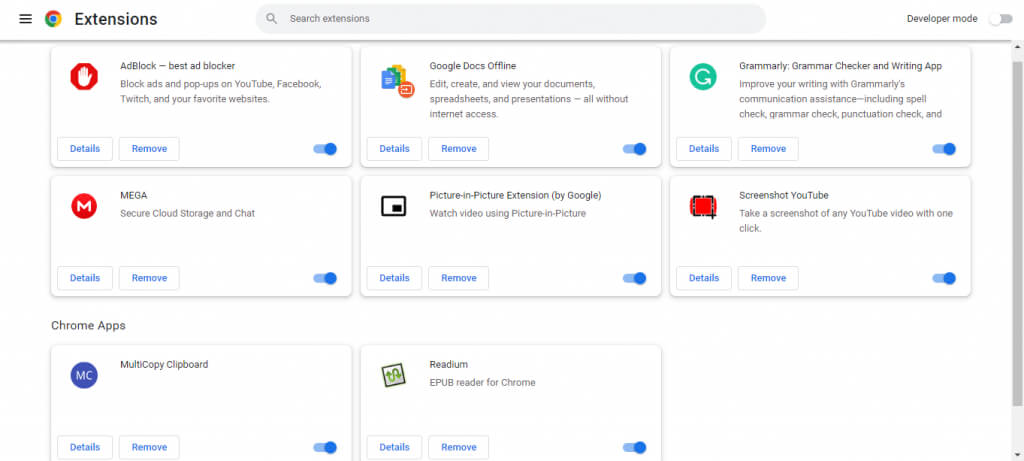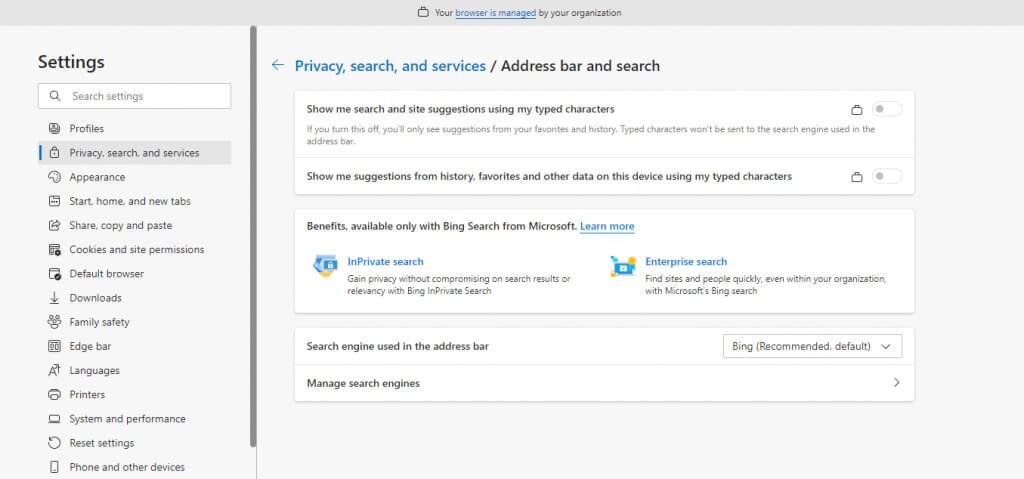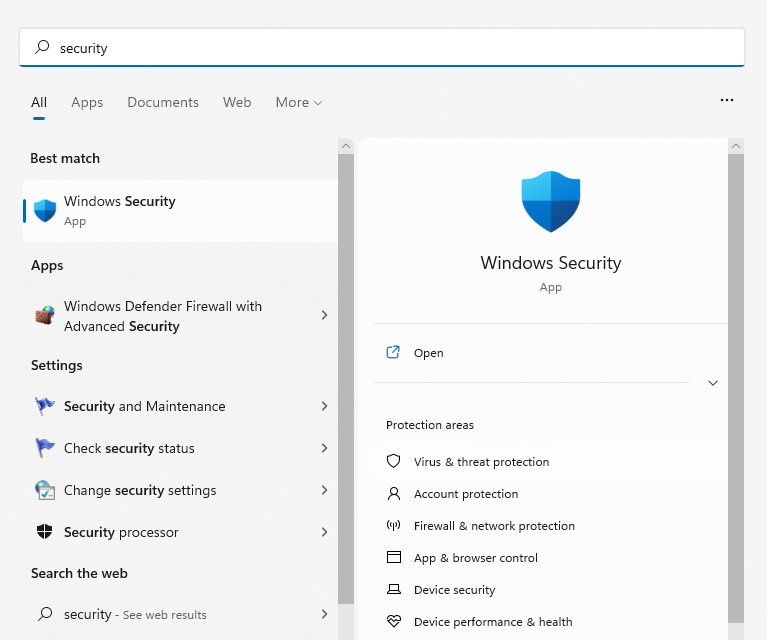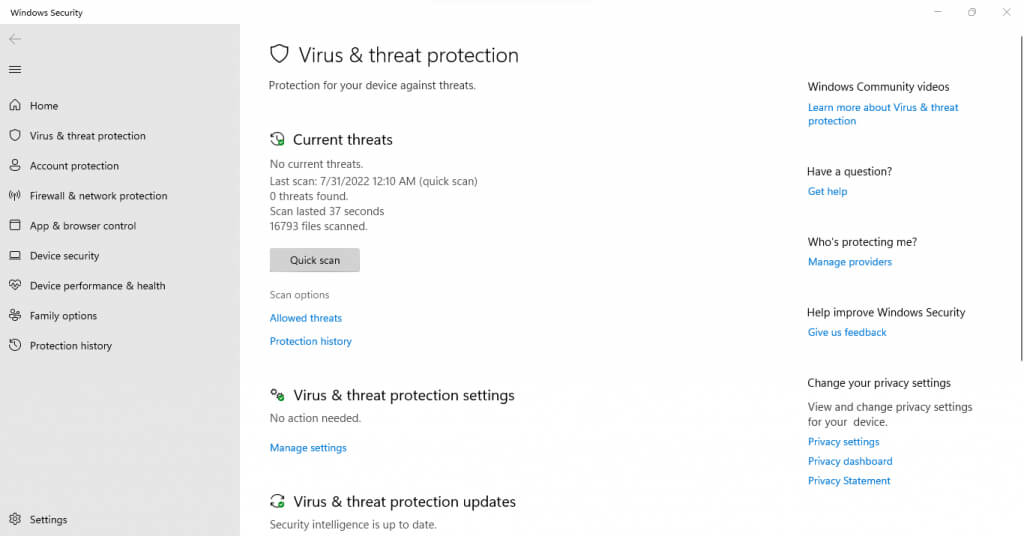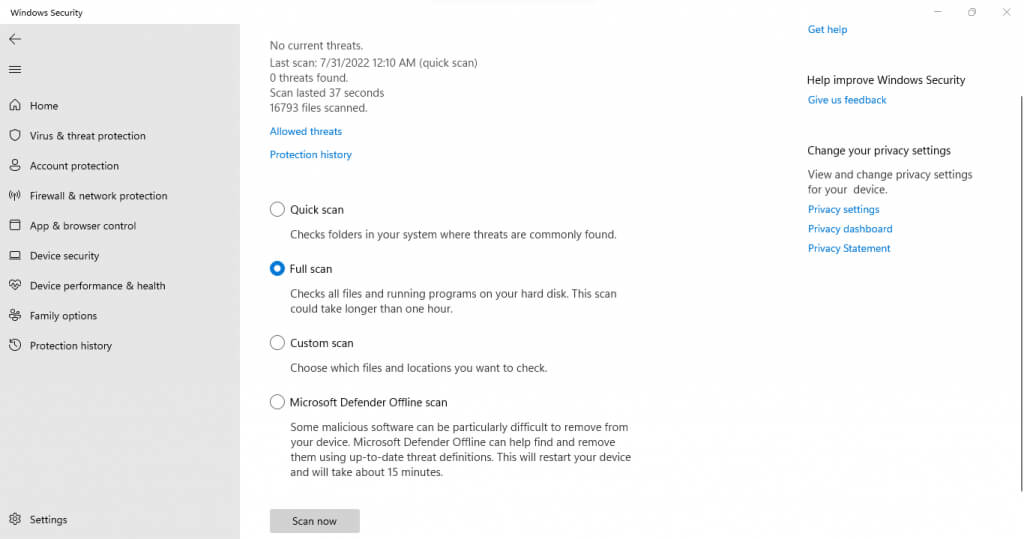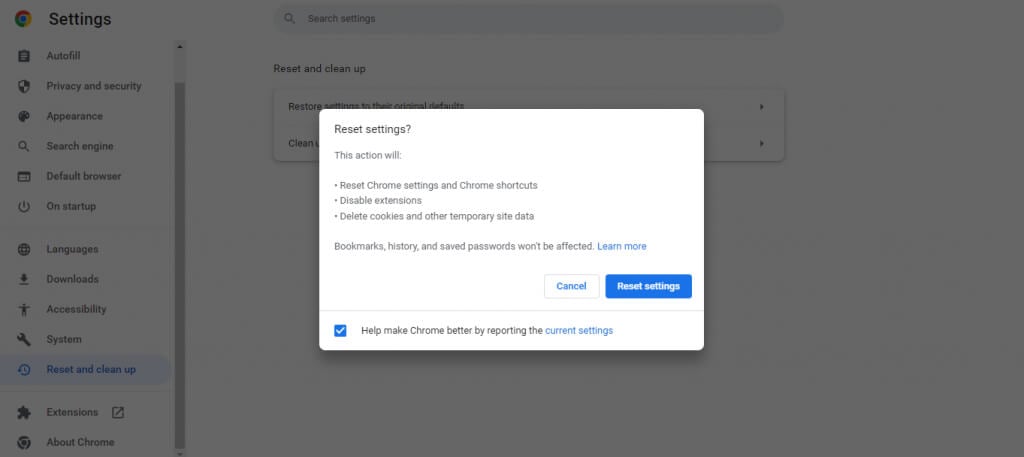Thanks to Yahoo’s unique revenue-sharing model, it’s lucrative for browser hijackers to redirect random users to its search engine. If you notice something similar happening on your own browser, you should immediately take steps to shut it down.
Not only is it irritating to constantly switch back and forth between search engines, but it also generates revenue for viruses and malicious websites. Here are the best ways to fix this problem and get your preferred search engine working again.
Fix 1: Uninstall Malicious Browser Extensions
The only way for a virus to infect a web browser is through an extension. This is why many users have extensions disabled. If you recently added any unverified browser extensions, it’s a good idea to uninstall them.
That’s not to say that browser extensions are inherently bad. There are plenty of useful add-ons out there from reputed websites and services. The problem is with lesser-known extensions that are actually viruses in disguise.
But how do you determine which browser extension is malicious? A comprehensive approach is to remove all extensions, then gradually add them back one by one, checking if the problem reoccurs.
- The process to view installed browser extensions is virtually the same in every web browser.
- In Google Chrome, open Settings from the three-dot menu in the top right corner, and select Extensions.
- In Mozilla Firefox, open the hamburger menu, click Add-ons and Themes, and select Extensions.
- In Apple Safari, open the menu, select Preferences, and switch to the Extensions tab. Mobile devices like the iPhone and iPad directly give you a Manage Extensions option in the menu.
- You can see all active browser extensions in this window. Go over this list and uninstall any addon you don’t use (or don’t remember installing). This usually removes the offending extensions, as they are usually installed by popups.
Fix 2: Change Your Default Search Engine
When you install sketchy apps from the web, they often set the Yahoo search engine as default during the installation process. In these cases, all you need to do is to manually change it again.
Of course, if you’re actually being redirected by an errant browser extension, changing the default search engine won’t do anything. This is why cleaning up unnecessary add-ons is the first step to fixing the issue.
Changing the default search engine, once again, has similar steps in all leading web browsers. Open the drop-down menu of your browser, head to Settings (or Preferences in Safari), and select Search (Search Engine in Chrome settings). Now you can set the search engine of your choice as the default.
If you are one of the rare few who use the Microsoft Edge browser, the process is a bit different. Open Settings from the three-dot menu, and then select Privacy, search, and services. Scroll down to the bottom to find the Address bar and search option. Clicking on this presents you with the option to change your search engine (Bing is the default option).
Fix 3: Scan Your PC for Malware
While the usual culprit for constantly changing your browser’s search engine is an extension, unwanted programs you accidentally installed might also be responsible. You can fix that by scanning your PC.
Such viruses are low on the totem pole of dangerous malware and are easily detected by almost all antivirus applications. Scanning your computer with the built-in Windows Defender is sufficient.
- To run a virus scan with Windows Defender, open the Windows Security app. You can find the app by searching security in the Start Menu.
- Switch to the Virus & threat protection panel.
- For simple malware like this, a Quick scan is all that you need. But if you want, you can click Scan options to reveal other choices and select Full scan instead. Either way, Windows Defender will scan your PC and remove any viruses found.
Fix 4: Reset Your Browser
A factory reset is always the final option in any kind of browser issue, whether it stems from a hijacking extension or an incorrect setting. This restores the browser to its original state, wiping clean all user settings and data.
You can reset every web browser except for Safari, where you must manually do everything, from clearing cookies to restoring your Preferences to the original defaults. You are better off just disabling browser extensions on a Mac.
Resetting your browser may seem like a drastic option, but you actually don’t lose that much. Things like bookmarks are already tied to your Google account, so you can bounce back from a browser reset immediately.
What Is the Best Way to Fix a Browser Search Engine Changing to Yahoo Problem?
If your browser’s search engine keeps changing to search.yahoo.com, you are probably being targeted by a browser hijacker. The best way to beat this is by removing useless browser extensions and changing the default search engine of your browser.
In case that doesn’t fix it, scan your PC with an antivirus tool to remove the Yahoo search redirect virus, and reset your browser to clean up invasive cookies.
The steps are virtually the same in all web browsers, only differing in the names used. You can even use these fixes to remove Yahoo search from Android and iOS devices and restore Google search as the default search engine.

